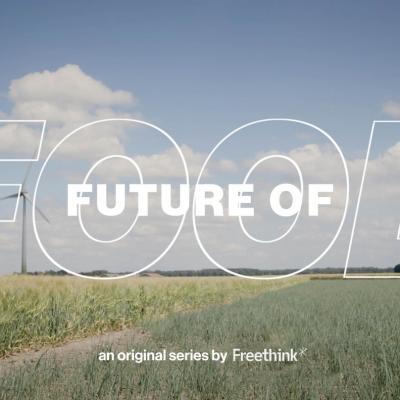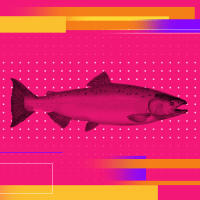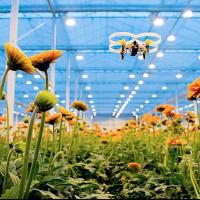Future of Food
There’s a growing consensus that the way we produce food and the types of food we consume are on the verge of fundamental, and necessary, change. As both the population and concern about the climate grow, we have to find ways to produce more food, faster and more efficiently than ever before.

Inside the world of gourmet lab meat
A future of eating meat without ethical or environmental implications is more real than ever before. But will people eat it food grown in a lab?
All Episodes (3)
A future of eating meat without ethical or environmental implications is more real than ever before. But will people eat it food grown in a lab?

Would you eat fish that was genetically designed in a lab? What if it was your only option? Like it or not, GMO salmon and other futuristic foods are revolutionizing the global food system right in front of our eyes.

With a growing population, changing consumption behavior and a climate crisis, how will we feed our future world?...
